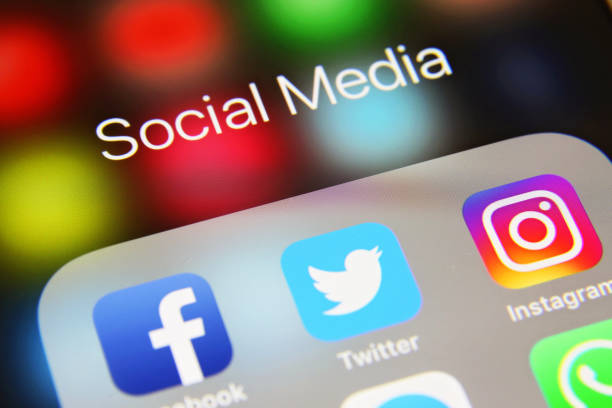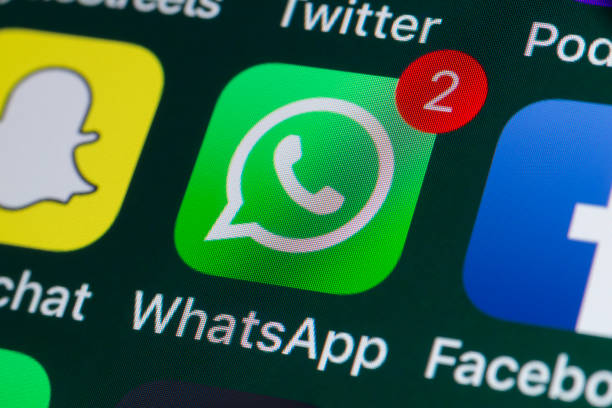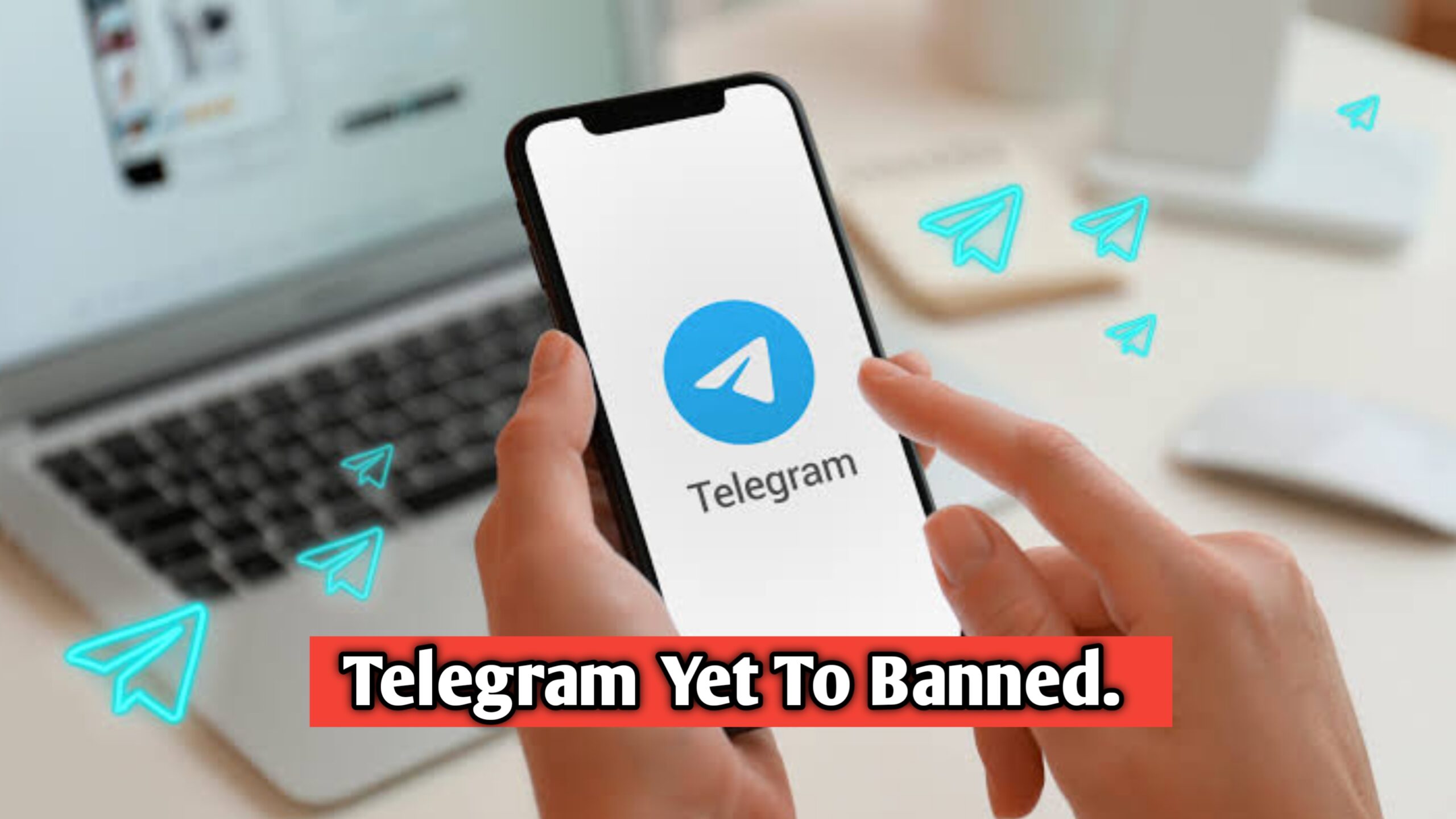There has been no formal confirmation of a Telegram ban in India as of August 27, 2024. But because of worries about its possible involvement in supporting illicit activities like gambling, extortion, and the spread of false information, Indian authorities are closely monitoring the messaging app.
Government Investigation Intensifies

The Indian government is actively investigating Telegram’s compliance with local laws. Authorities are particularly focused on the app’s potential use in illegal operations, raising alarms over its involvement in activities like extortion and gambling. This investigation reflects the growing unease surrounding the app’s influence and the potential threats it may pose to public safety and law enforcement efforts.
Concerns Over Misinformation
Telegram has also come under fire for being a platform where misinformation and fake news can easily spread. This has heightened concerns among officials, especially given the platform’s widespread use across the country.
What a Potential Ban Could Mean
- Impact on Users: A ban on Telegram could disrupt the communication of millions of Indian users who rely on the app for both personal and professional use.
- Economic Implications: The ban could also have significant economic consequences, particularly for businesses that utilize Telegram for marketing, customer support, and other functions.
- Privacy Issues: Given Telegram’s reputation for strong encryption, a potential ban could raise concerns among users about the protection of their privacy and digital rights.
A Timeline of Social Media Bans by the Indian Government: Key Instances and Impacts
The Indian government has taken significant measures over the years to regulate and, in some instances, ban social media platforms. These actions often stem from concerns over national security, public safety, or the spread of misinformation. Here’s a detailed look at the key instances when social media apps and platforms were banned in India.

1. TikTok and 59 Chinese Apps Ban (June 2020)
In June 2020, the Indian government banned 59 Chinese apps, including the popular video-sharing platform TikTok. This move came in the wake of escalating tensions between India and China following border clashes in Ladakh. The government cited concerns over data privacy and national security, arguing that these apps posed threats by potentially stealing and transmitting user data to servers located outside India.
| App Name | Reason for Ban | Date of Ban |
|---|---|---|
| TikTok | National security, data privacy concerns | June 2020 |
| National security, data privacy concerns | June 2020 | |
| UC Browser | National security, data privacy concerns | June 2020 |
2. PUBG Mobile Ban (September 2020)
In September 2020, the Indian government banned 118 more Chinese apps, including the widely popular PUBG Mobile. The ban was part of a broader strategy to curb the influence of Chinese apps amid growing geopolitical tensions. PUBG Mobile was particularly popular among Indian youth, and its ban highlighted the government’s commitment to protecting user data and ensuring national security.
| App Name | Reason for Ban | Date of Ban |
|---|---|---|
| PUBG Mobile | National security, data privacy concerns | September 2020 |
| Baidu | National security, data privacy concerns | September 2020 |
| WeChat Work | National security, data privacy concerns | September 2020 |
3. Ban on 43 Chinese Apps (November 2020)
In November 2020, the Indian government extended its crackdown by banning an additional 43 Chinese apps. The Ministry of Electronics and Information Technology stated that these apps were engaged in activities that were “prejudicial to the sovereignty and integrity of India.” The ban was part of ongoing efforts to secure the digital landscape from potential threats posed by foreign entities.
| App Name | Reason for Ban | Date of Ban |
|---|---|---|
| AliExpress | National security, data privacy concerns | November 2020 |
| Lalamove | National security, data privacy concerns | November 2020 |
| Snack Video | National security, data privacy concerns | November 2020 |
4. Internet Shutdowns and Social Media Restrictions
While not a ban on specific apps, India has frequently imposed internet shutdowns and social media restrictions during times of civil unrest. For instance, during the protests against the Citizenship Amendment Act (CAA) in 2019 and the farmers’ protests in 2020-2021, the government temporarily restricted access to social media platforms like Twitter, Facebook, and WhatsApp in certain regions to prevent the spread of misinformation and to maintain public order.
| Event | Action Taken | Date |
|---|---|---|
| CAA Protests (2019) | Internet shutdowns, social media restrictions | December 2019 |
| Farmers’ Protests (2020-21) | Internet shutdowns, social media restrictions | Various Dates 2020-21 |
5. WhatsApp Privacy Policy Controversy (2021)
In early 2021, WhatsApp faced backlash over its updated privacy policy, which was perceived to compromise user data by sharing it with Facebook. Although the government did not ban WhatsApp, it issued a warning and urged the platform to withdraw its new policy, reflecting the government’s growing concern over data privacy.
Potential Impact and Future Implications
These bans and restrictions reflect the Indian government’s proactive stance on safeguarding national security and user privacy in the digital age. While these actions have been effective in mitigating immediate threats, they have also sparked debates about digital freedom, economic impacts on businesses, and the balance between security and privacy.
Conclusion
As the digital landscape continues to evolve, the Indian government’s approach to regulating social media platforms is likely to remain vigilant. With new challenges emerging, including misinformation, data privacy, and national security, it is crucial for both users and platforms to stay informed and adapt to these changes.
As the situation continues to evolve, it is essential to stay informed through reliable news sources and official government updates. The future of Telegram in India remains uncertain, with developments likely to occur in the coming days.
FAQs: Indian Government’s Social Media Bans
1. Why does the Indian government ban social media platforms?
- The Indian government bans social media platforms primarily due to concerns related to national security, data privacy, and the spread of misinformation. These bans are often enacted when platforms are believed to pose threats by either compromising user data or facilitating illegal activities such as extortion, gambling, or the dissemination of fake news.
2. Which social media apps have been banned in India?
- Some of the most notable bans include TikTok, PUBG Mobile, WeChat, and AliExpress, among others. These bans have predominantly targeted Chinese apps, especially during periods of heightened geopolitical tensions between India and China.
3. How does a ban impact the users of these platforms?
- A ban disrupts communication for millions of users who rely on these platforms for social interaction, business, and entertainment. For businesses, particularly, a ban can have significant economic implications, affecting marketing strategies and customer engagement.
4. Are these bans permanent?
- The duration of these bans varies. Some are permanent, while others may be lifted if the platforms comply with government regulations or if the security concerns are resolved.
5. How does the government decide which platforms to ban?
- The decision to ban a platform is typically based on its compliance with local laws and regulations. Authorities may investigate whether the platform is involved in activities that threaten national security or violate user privacy.
6. What are the alternatives for users when a platform is banned?
- Users often turn to alternative platforms that offer similar services but are compliant with local regulations. For instance, after the TikTok ban, many users migrated to Indian apps like Chingari and Moj.
7. How do these bans affect businesses in India?
- Businesses that heavily rely on these platforms for marketing, customer service, or sales face significant disruptions. They may need to pivot quickly to alternative platforms, which can be costly and time-consuming.
8. Can users access banned platforms through VPNs?
- While technically possible, using a VPN to access banned platforms is not recommended as it may violate local laws and could lead to penalties.
9. How do these bans impact the digital ecosystem in India?
- These bans can lead to a shift in the digital ecosystem, where local apps and platforms gain prominence. They also spark discussions on digital sovereignty and the need for India to develop its own robust digital infrastructure.
10. Where can I stay updated on potential or ongoing social media bans?
- For the latest information on social media bans, it’s best to follow credible news outlets, official government announcements, and updates from the Ministry of Electronics and Information Technology (MeitY).
These FAQs provide a comprehensive overview of why the Indian government bans certain social media platforms and the implications for users and businesses.

